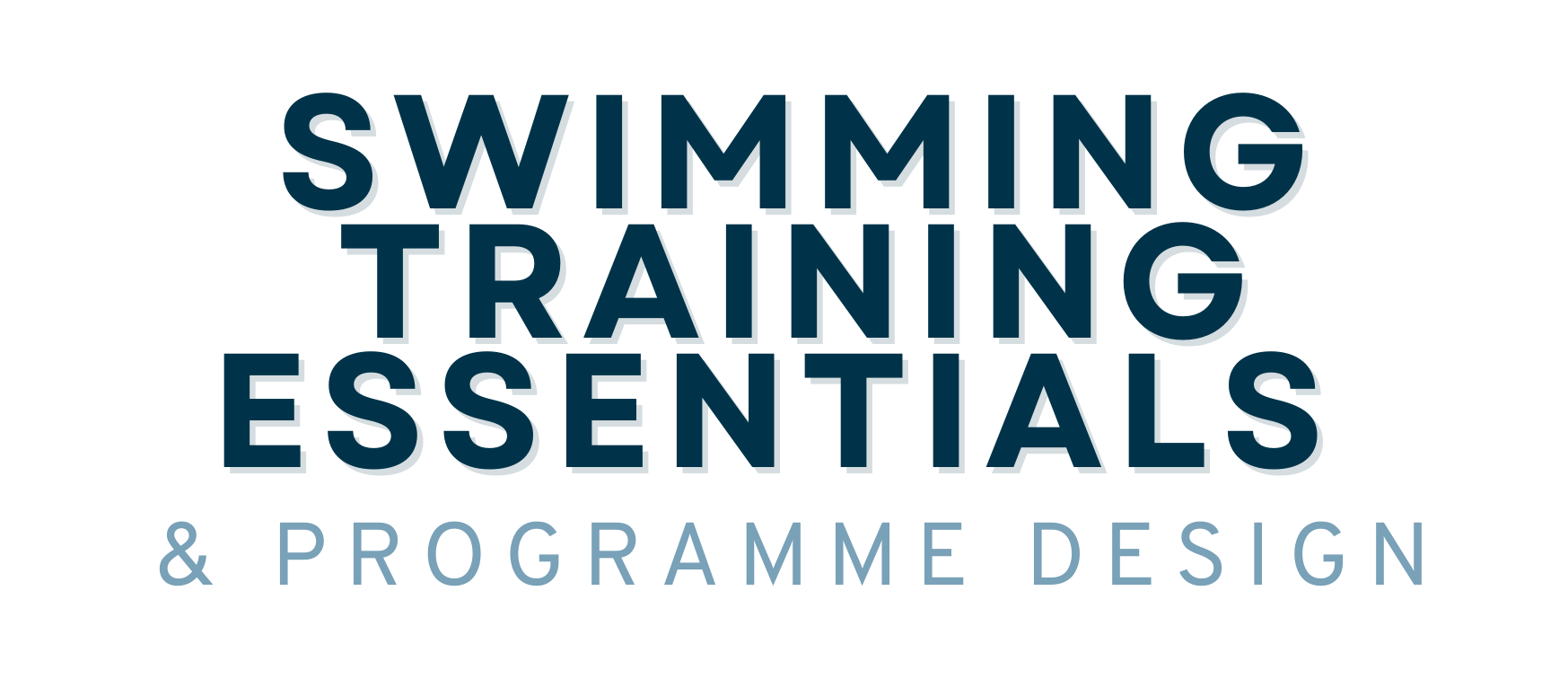
Up your coaching game
This course is for the recreational to elite swimmer, health professional, parent or student who wants to learn about swimming physiology, biomechanics and programming.
Write your awesome label here.
Course Description
Course Description
We begin in module 1 and 2 by teaching you the key training principles and provide an overview of the determinants of endurance swimming performance. In addition, we discuss what effects these physiological and biomechanical variables in order to provide insight into how training can be structured to best improve endurance performance.
In module 3 we look at how growth and development affects the performance of a swimmer. These varying maturcation rates can be measured and their impact needs to be clearly understood.
In the 4th module we provide a framework on how to monitor swimmers to prevent injuries and overtraining. This includes a monitoring template for users to download.
In module 5 we look at the importance of dry land training in injury prevention and performance. We include a video of the key swimming specific exercises one should use.
Module 6 focuses on teaching you how to effectively periodise training in order to allow for successful programme design. This includes a planning template.
In the 7th module we review how to assess swim performance while providing screening and report examples and explanations.
In module 8 we cover sample swim and gym programmes. In addition, we provide a video which reviews key swim drills.
Lastly in module 9, we look at how to avoid overtraining and burnout in age group swimmers.
What will I learn?
- To understand the physiology and biomechanics of swimming.
- Learn the scientific principles behind writing training programmes & how to apply this knowledge in formulating your own.
- How to rate the maturation status of a swimmer and to understand the implications for performance .
- What the best resistance training exercises for swimmers are, as well as recommended set and repetitions.
- Understand how to avoid over-training through correct training prescription and high level monitoring.
- How to effectively use different swim drills to ensure the appropriate stroke dynamics.
- How to use performance assessment templates to evaluate athletes as well as medical screening forms based on the American College of Sports Medicine guidelines.
- How to effectively use programme and periodisation templates.
Target Audience
This course is for the recreational to elite swimmer, swimming coaches, health professionals, and students who wants to learn how to design training programmes to maximise performance and reduce the risk of injury. Individuals who want to learn how to incorporate a series of fitness components into a training plan will benefit from this course. Previous experience and knowledge is not required.
Key target groups:
- Recreational swimmers who are looking for scientifically designed training programmes to optimise performance and decrease the risk of injury.
- Swimming coaches who want to understand exercise physiology & training principles and methods behind programme design.
- Fitness professionals who want to train swimmers.
- Students who want to learn about exercise physiology & the training principles and methods behind swimming.
- Advanced and elite athletes who want to understand the science behind their training.
Assessments
Each module will have four multiple choice questions. Students will have unlimited attempts to answer these questions. A certificate of completion will be issued once all of the assessments have been completed.
Requirements
Previous experience working in the fitness/sporting environment is not required. However, if the learner is familiar with the basics of swimming, they will benefit more from the course.
Lezandre Wolmarans
Biokineticist
Lezandre is a senior consultant at the Sport Science Institute of South Africa and head of the swimming division. She is a registered biokineticist who did her honours degree at the University of Stellenbosch. Lezandre has represented South Africa in Swimming, Biathle, Xterra and Netball.
Lezandre still competes internationally as a masters swimmer. She is especially passionate about helping young swimmers reach their swimming goals while teaching them life skills.
Rebecca Johansson
Exercise Physiologist
Rebecca is an endurance consultant at the Sports Science Institute of South Africa. She holds a Master's degree in exercise physiology from the University of Wisconsin, and is currently a PhD student in exercise science at the University of Cape Town. She specialises in programme design for runners, swimmers, and triathletes and monitoring training load in athletes.
Rebecca was a national level swimmer in the USA, and was world ranked in the 1500m freestyle. She began coaching in 2008 after retiring from swimming, and began competing in triathlon and running. She has a passion for teaching and getting people involved in sport as it provides people with a community, healthy lifestyle, and realistic goals that provide life-long benefits.

